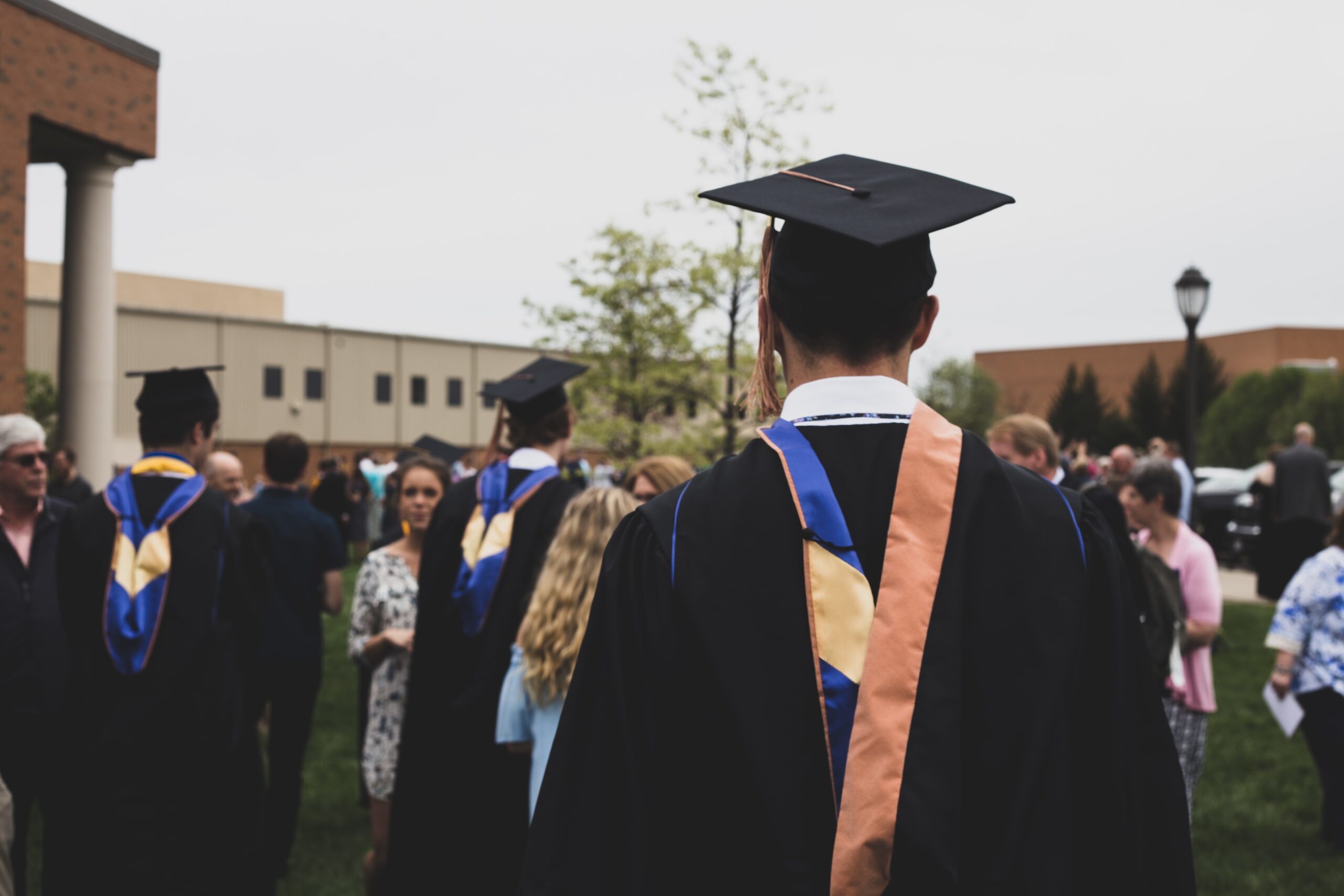College Access: Addressing the Real College Admissions Scandal

The American dream is fueled by a collective faith in merit-based opportunity and graduating from college is an essential ingredient for many along the path to realizing their goals. While educational attainment is a game-changer in terms of future outcomes, the recent college admissions scandal suggests that the frenzy around college entry has reached a boiling point. Yet, even as inequity and fraud at a handful of elite schools dominates the headlines, the far more widespread and concerning reality is that less than 29% of adults in the United States graduate from college1. The degree gap is disproportionately higher for people of color. According to a 2011 report2, just 19% of African Americans and 12% of Hispanics between the ages of 25 and 29 having a college degree compared to 37% of Whites in this age group.
Not only are the high costs of college unaffordable for many children and their families, but many youth face significant social, emotional, and academic barriers—as well as outsized familial responsibilities—that hamper their ability to enter college and earn a degree.
When we think of the high stakes process of getting into college, there’s a tendency to look at the Ivy League, but 99.4% of college students do not attend one of these schools. The vast majority of colleges serve a much broader sector of students, and thankfully, the understanding of what it takes—not only to prepare for and gain access to college, but to thrive during and beyond—is broadening for funders, nonprofits, and schools alike. The conversation has shifted to include a more holistic definition of success and a continuum of supports to help students navigate hurdles, many of which disproportionately affect low-income, minority, and first-generation college students, years before even considering applying to college.
The Kimball Foundation, a PFS client since 1997, has long supported programs aimed at making college accessible to all in San Francisco, Marin, Sonoma, San Mateo, and Santa Clara counties. Their approach broadened in 2016 when, informed by growing research in the field, they underwent a formal review of their grantmaking and updated their guidelines to encompass support for kids starting as young as age 10 and up to age 24.
Importantly, beyond the traditional supports one might expect relating to college access, such as homework support, tutoring, application assistance, and test prep, funders like Kimball are looking at factors beyond the academics that present risks to a student and, in turn, identifying the organizations that are best positioned to offer support.
One of the Kimball Foundation’s four primary grantmaking priorities, college access is linked to “persistence” and their support in this area focuses on programs that “ensure that students who come from low-income backgrounds persist on a pathway through secondary school and into and through two- or four-year college with the support of high-quality academic and college-bound programs.”
Leaders like Kimball have begun to emphasize transitions, funding organizations that aren’t just looking at students at a single moment in time, but rather supporting them through transitional phases, between middle and high school or high school to college, when they can be most vulnerable. The notion of supporting “bridge moments” in a young person’s life is relatively new, yet critical. On top of academic pressures, many students face additional obstacles—they may be working, caring for family members, dealing with healthcare challenges, teenage unplanned pregnancy, food insecurity, or even processing trauma from domestic violence or juvenile justice involvement—and concerns that fall outside of traditional educational or financial considerations have a huge effect on a young person’s ability to go to college. Fortunately, more and more programs are effectively supporting the whole student through a range integrated, year-round, and multi-year supports.
One such organization and long-time Kimball Foundation grantee, 10,000 Degrees, offers college awareness programs for students beginning in elementary school and continues personalized support through graduation. Eighty-five percent of 10,000 Degrees students are the first in their families to attend college, and since 2009, they’ve helped more than 25,000 students and their families gain access to higher education.
Colleges are also taking a more comprehensive, long-term view. Many colleges are bridging gaps and engaging with nonprofits to provide wrap-around services, from health care to mentorship programs, which help mitigate the risks that can cause some students to dropout or fail to enroll even after gaining admission.
Most encouraging, the focus is shifting towards ensuring that students not only prepare for, apply to, and have a quality college or post-secondary experience, but that they leave ready to thrive. Ultimately, the goal is to tie college to these longer-term goals. As any older adult can attest, it’s not just about getting a diploma, the key is to ensure that young people have options when they graduate, feel confident and prepared professionally and personally, and equipped to take care of themselves and contribute to their communities.
1 U.S. Census Bureau, 2009
2 Higher Education Research Institute at UCLA
Contact us to discover how we can tailor our services and handpick a team of professional experts to support the specific needs of your foundation.